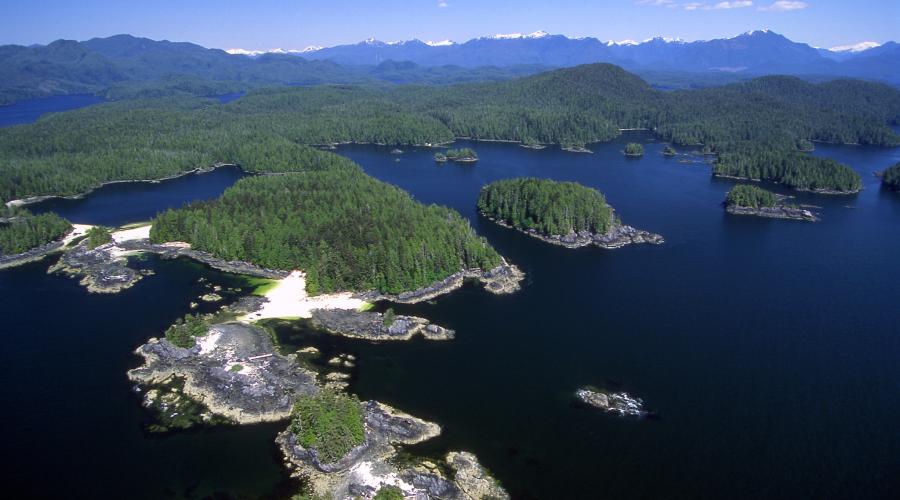
To be effective, marine protected areas (MPAs) need strong and consistent laws that prohibit damaging activities and provide safe havens in areas reserved for conservation. This includes establishing “no-take” areas, which prohibit all forms of damaging resource extraction. Scientists agree that no-take areas are critical for ocean health.
However, most MPAs in Canada have not lived up to these scientifically-determined best practices. Until recently, many harmful human activities – including bottom trawl fishing and oil and gas extraction – were permitted to continue within MPA boundaries.
Fortunately, these practices are finally changing, after a sustained effort by West Coast and our allies to incorporate stronger protection standards into Canada’s MPA laws.
In 2019, the federal government committed to prohibit oil and gas development, mining, dumping and bottom trawling in all new federal MPAs, and in 2023, released the MPA Protection Standard – operationalizing that commitment in all new federal MPAs.
The policy adopted the recommendations of the National Advisory Panel on MPA Standards, which was appointed to gather perspectives and provide guidance on protection standards for federal MPAs.
West Coast’s lawyers testified and provided written briefs to the National Advisory Panel, calling for stronger and more consistent legal standards for MPAs as well as recognition of Indigenous Protected Areas.
Going forward, West Coast will continue to work to ensure that these basic protections are enshrined in law for all MPAs, and that they extend to other types of protected areas such as marine refuges designated under the Fisheries Act.
Learn more:
- Stress-Free Seas: Consistent Protection and Governance Standards for Canada’s MPA Laws (WCEL Submission to the National Advisory Panel on MPA Standards)
- Linking Science and Law: Minimum Protection Standards for Canada’s MPAs
- Oceans20: Canada’s Oceans Act Workshop Report
- Securing protection standards for Canada's marine protected areas (In Marine Policy, Sept. 2018)
Photo credit: Province of BC